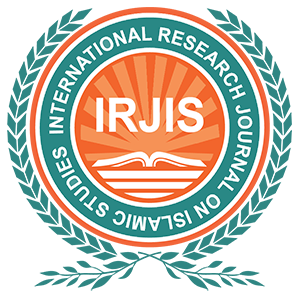Abstract:
The historical experiences and philosophical foundations of Western civilization, Enlightenment rationalism, colonial expansion, and modern liberalism have shaped the discipline of international law. While these paradigms have significantly influenced the development of legal norms, institutions, and practices on a global scale, there is a growing recognition that the universalists’ claims of international law often mask a deeply embedded Eurocentrism. In response, scholars have begun to re-examine international legal systems through alternative, non-Western epistemologies that reflect the diverse sociopolitical experiences of other civilizations. One such powerful framework is the theory of Asabiyyah, introduced by Ibne Khaldun. Asabiyyah is an analysis of the cyclical nature of political power and the rise and fall of civilizations. Ibne Khaldun proposed an internal group solidarity to confront challenges, expand its influence, and eventually establish governance.This study attempts to bridge the conceptual world of Asabiyyah with the modern structure of international law. Asabiyyah argues that the legal interactions among states, the formation of transnational alliances, and the enforcement of international norms are all significantly influenced by collective identities and group dynamics that parallel Ibn Khaldun’s insights. The relevance of this classical Islamic concept to contemporary international law becomes evident when examining how blocs such as the European Union, the African Union, BRICS, the Organization of Islamic Cooperation (OIC), or even NATO function. This paper will critically engage with both classical Islamic thought and contemporary international legal theory to explore the intersections between Asabiyyah and international law. It will examine historical case studies, such as the legal frameworks during the Islamic Caliphates, as well as modern scenarios including post-colonial legal developments and present-day geopolitical alliances.
Keywords: International Law, Asabiyyah, Group Solidarity, Geopolitics, Decolonization of Law, Islamic Legal Thought, Global Governance, Power Dynamics

